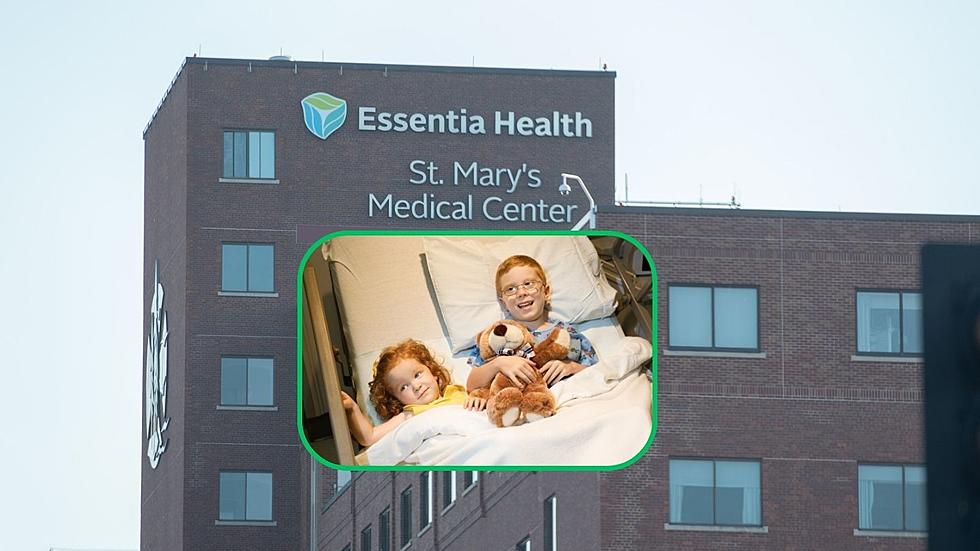
Essentia Health Duluth to Relax Visitor Restrictions Beginning Tuesday
Once the pandemic hit in 2020, it seemed we were presented with restriction after restriction to keep people safe, especially when it came to those working in and frequenting the health care industry.
While such restrictions and policies are understandable, Monday's announcement from Essentia Health in Duluth feels like an encouraging sign for the Northland community.
Essentia Health announced they are moving to less-restrictive visitation guidelines, a decision directly tied to decreases in COVID-19 transmission throughout the area. Specifically, the decision was made based on the reduced number of hospitalized COVID-19 patients, a reduction in community transmission and other factors.

According to Essentia Health, beginning Tuesday, March 8, two visitors per patient, per day generally will be allowed within their hospitals, including emergency departments.
They add that in most settings, visiting hours will remain between 9:00 a.m. and 6:00 p.m. There will continue to be exceptions to visitor hours, for things like pediatric patients, end-of-life patients and care partners.
Keep in mind that Essentia will still require all visitors to wear a well-fitting mask.
Everyone who enters an Essentia Health facility must be masked at all times. Essentia Health continues to follow the Centers for Disease Control and state Department of Health guidelines, which requires masking in health care facilities.
We ask that you please come with your own mask. We recommend surgical masks over cloth masks. Surgical masks have been shown to provide better protection. If you don't have your own, we will provide one.
You can follow the button below for complete details of their updated policy, which they will update as necessary due to either an increase in new cases or a continued decrease in community spread.
Patients hospitalized with COVID-19 are still unable to have visitors except in special circumstances. This would include pediatric patients, OB patients, patients in end-of-life situations or patients for whom the presence of a care partner is essential.
15 Ways You Can Help People in Ukraine Right Now

Answers to 25 common COVID-19 vaccine questions
More From B105









